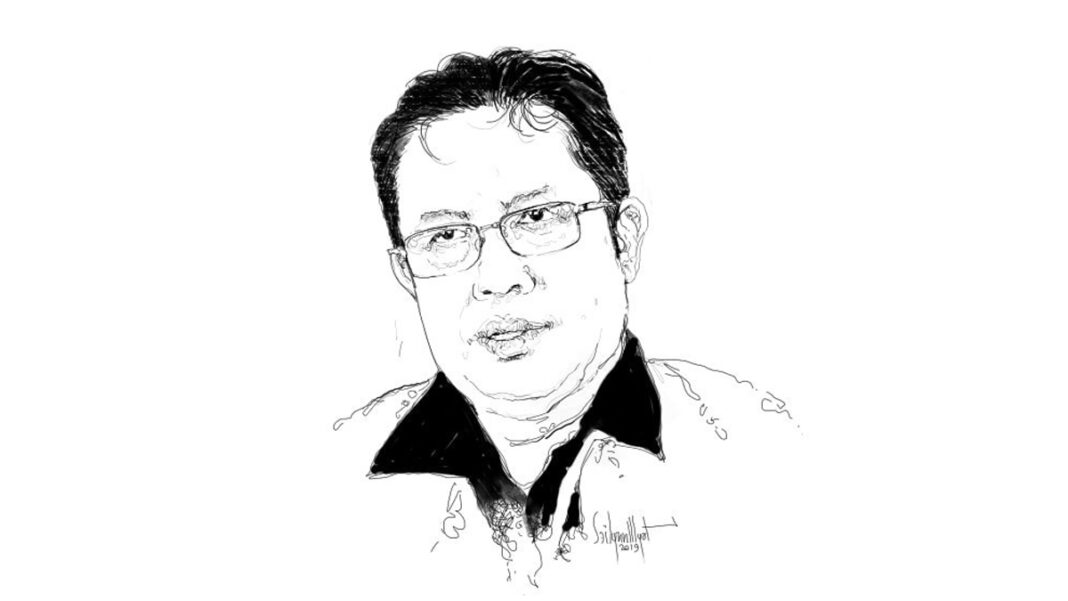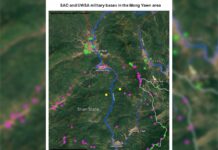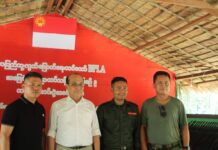The persistent conflicts plaguing Myanmar since its independence in 1948 remain unresolved as it fails to address the root cause of the issue. The result has been an enduring struggle for ethnic rights, leading to the world’s longest-running civil war.
Despite the constitution’s proclamation in September 1947, genuine union and equality as promised have not been realized. Ethnic nationalities, notably the Shan and others, have not experienced the equality envisaged in the constitution. The military regime’s exclusion and marginalization of non-Bamar ethnicities, coupled with a policy of Burmanization, have suppressed the cultural, linguistic, historical, and ethnic expressions of other nationalities.
The military government’s inability to meet ethnic nationalities’ demands has prompted uprisings by Ethnic Armed Organizations (EAOs) seeking increased autonomy or independence. Even officially recognized ethnic nationalities face challenges in enjoying full civil and cultural rights. For example, many Shan Saophas and politicians attempted to establish a federal system in 1958-1961, however they were met with repression. This led many to take up arms against the military regime.
The military regime’s unitary system has been marred by inequalities and imbalances, perpetuated through a perceived correlation between population size, political legitimacy, and entitlements. It divides the 135 ethnic groups and restricts legislative representation to those with suitable population sizes.
In addition, the 2008 Constitution, one of the world’s lengthiest, further entrenched these disparities. These divisive tactics aimed to prolong its dictatorship. It only gives self-administered areas for some groups such as the Danu, Kokang, Naga, Palaung, Pa-O, and Wa. Consequently, the ongoing conflict in Myanmar is not merely a problem among ethnic minorities but stems from the country’s governance structure. The absence of a federal system, where every nationality enjoys equal rights, exacerbates the situation.
To achieve peace and unity in Myanmar, a shift in the system, rather than a mere regime change, is imperative. All nationalities within the country must collaboratively build and reform a system that paves the way for a genuine federal and democratic union.

















Leave a Comments